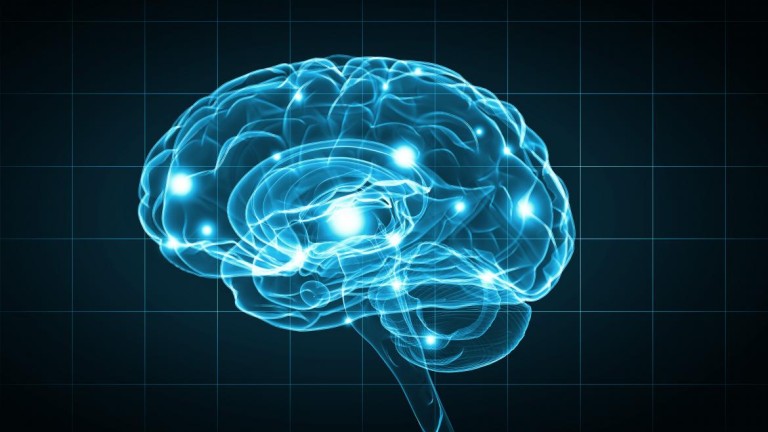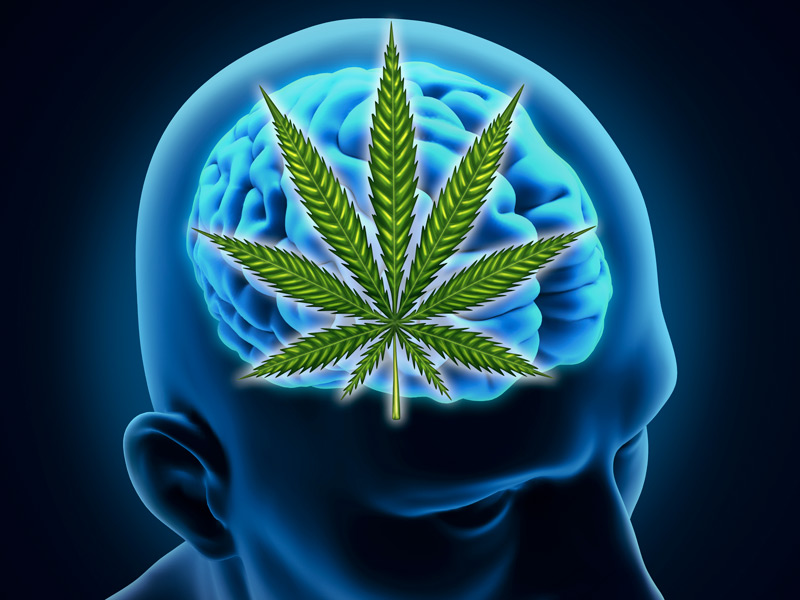Cannabis Sativa, the plant that provides us with marijuana, is seen as a natural wonder. It has more than 60 psychoactive drugs which directly affect the brain. The effects of these drugs kick-in as soon as it enters the body. Its effects last from 2 to 6 hours of smoking it up. During this one experiences a high, ecstatic feeling. It also causes the feelings of depersonalization and derealization. The mind fixates on one thought until it is disrupted by another, leading the person to lose focus of the reality. All these are the effects of smoking weed once. Since, marijuana is highly addictive, it is more likely that the person will do it again and that this will soon turn into a habit. So, it is important to know what are the long term effects of smoking marijuana.
-
Decline in IQ: It was seen in a research that smoking marijuana regularly leads to a decline in IQ. A 2016 review found that chronic use of cannabis during adolescence, a time when the brain is still developing, was correlated in the long term with lower IQ and chronic cognitive deficits, but it was not clear if chronic use caused the problems or if “persons who have poorer cognitive functioning may be more vulnerable to cannabis use and abuse.”
-
Addiction Which Causes Potential Development of Opiate Abuse: It is a renowned fact that both, the body and the mind, get accustomed to the drug they are exposed to. Therefore, they develop a sort of resistance to it. The more the person tends to smoke-up, the lesser high he/she experiences. This might lead to frustration and the person might resort to other drugs, like Cocaine and Ecstasy, which have higher risk factors and are more dangerous.

-
Marijuana Changes the Brain Structure and Function: There’s been an ongoing debate about whether marijuana actually changes the brain, but recent evidence has suggested that it is linked to changes in the hippocampus, amygdala, and prefrontal cortex. It’s unclear, however, how long these effects last, whether they’re linked to behavioral changes, and whether they reverse after a person stops using the drug.
-
Regular Use is Linked to an Increased Risk of Psychotic Symptoms: That marijuana is linked to increased psychotic symptoms (e.g., delusions, hallucinations, disordered thinking) is fairly clear. But again, it’s been a chicken-and-egg problem, since it’s hard to show whether causation is at play, and which way the connection goes. However, it’s likely that the relationship actually goes both ways: Marijuana may lead to psychotic symptoms, and early psychotic symptoms may increase the likelihood that a person will smoke marijuana (particularly if there’s a family history of psychotic disorders).
Marijuana may indeed be harmful. There is a link between long-term marijuana use and increased rates of schizophrenia, depression and anxiety. Marijuana also increases a person’s heart rate for up to three hours after use, putting users at risk for heart attack during that period. Therefore, it is suggestible that the habit of smoking up regularly not be encouraged and be kept under check.

